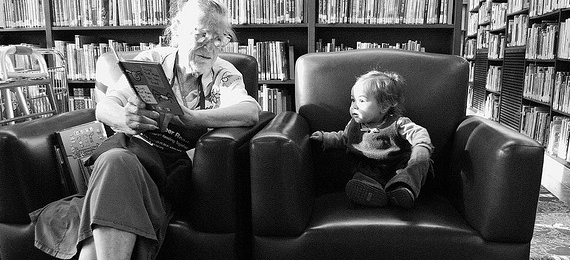We all used to believe that while reading in poor lighting might make us feel tired more quickly by having to strain to see, it didn’t have a long term detrimental impact on our eyes due to their adaptability and resilience.
However, the latest research now puts this question into the spotlight and suggests that concentrating in poor light might very well accelerate the onset of myopia (nearsightedness).
Irrespective of whether this proves to be right or wrong, it is the case that as you get older the amount of light reaching your retina diminishes considerably and more light is needed to help you see things as clearly as you used to do.
Even if your eyes are completely healthy, due to the natural ageing process, at the age of 60 you will require around 3-4 times as much light compared to a 20-year-old to achieve a comparable level of vision. Whilst at age 40 you will already be likely to need twice the light you did when you were 20.
In poor lighting your visual system has to work harder, which often means you will get tired quicker, thereby curtailing your reading enjoyment. This is especially true if you have an eye condition such as cataracts or AMD (age-related macular degeneration).
In a recent article published on Time.com,
Scientists say an epidemic of myopia, or nearsightedness, is sweeping through Asian children, and is likely due to students’ spending too much time indoors studying and not enough time outside in the sunlight.
It has long been thought that nearsightedness is mostly a hereditary problem, but researchers led by Ian Morgan of Australian National University say the data suggests that environment has a lot more to do with it.
Reporting in the journal Lancet, the authors note that up to 90% of young adults in major East Asian countries, including China, Taiwan, Japan, Singapore and South Korea, are nearsighted. The overall rate of myopia in the UK, by contrast, is about 20% to 30%.
Can the progression to myopia be prevented, or at least stopped? So far, no effective prevention methods or therapies for nearsightedness exist, other than corrective lenses like glasses or contacts lenses.
Everything we see is light so it makes sense to think the quality of that light would make a big difference… and this is definitely true. The right light will take the strain away from your visionary system and will seriously improve your ability to see detail more clearly, plus read and concentrate in comfort for longer. So, even if your eyes are not damaged by reading in poor light why would you do so?

